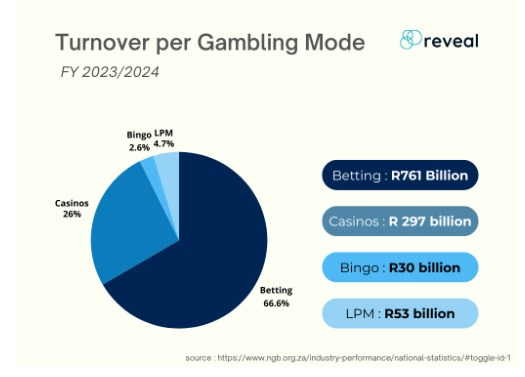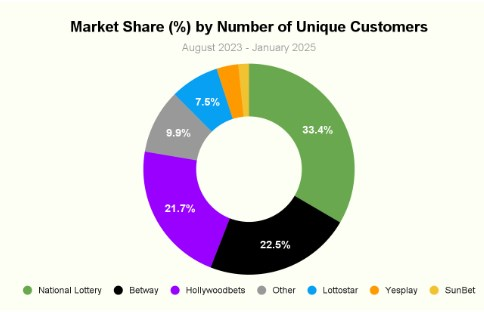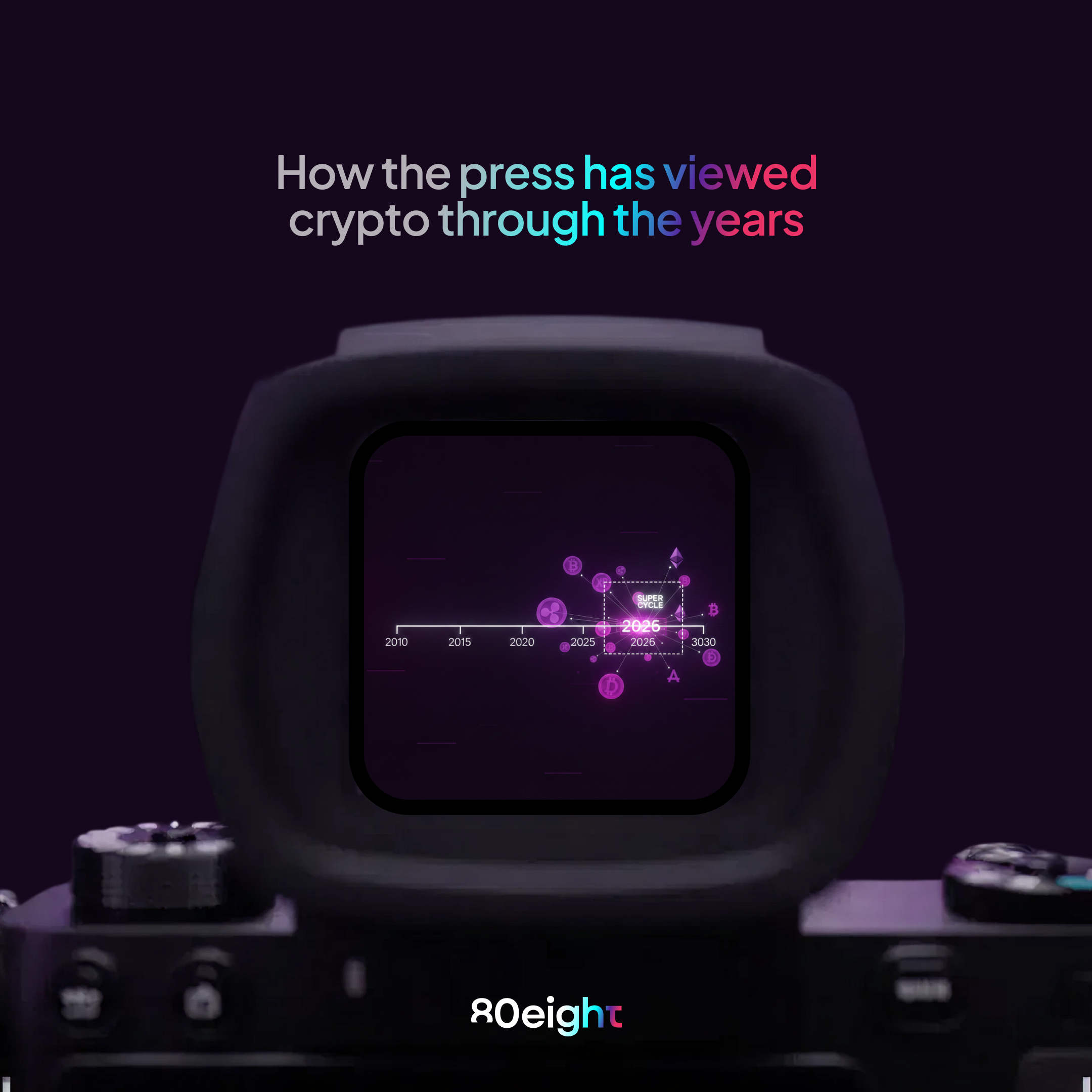Thanks to some good reporting by amaBhungane, we have learned that gambling accounted for 17% of GDP in 2024 – a turnover of R1.14 trillion. These figures are beyond staggering and tell us a great deal of the kind of country we have become.
To put these numbers in perspective, this is a 550% growth in just four years. The R1.14 trillion in ‘wagering’ is more than the total production of all mines in SA recorded by the Minerals Council SA. That’s also more money than spent by SA on social grants, which came to just under R290 billion in the current fiscal year.
It’s safe to say that South Africa has a gambling problem. And it’s not a small one.
How do we account for this?
“The best available research also shows that it is mainly low-income South Africans who gamble away an astonishing share of their monthly pay,” says amaBhungane.

A survey conducted by market research firm InfoQuest showed that fully 53% of respondents either gambled because they need extra money or do it because a big win would “change my family’s life”. Some 37% of respondents said that they were gambling with “excess funds that they have”, which means 63% - two-thirds – use money they can’t really spare.
Staggeringly, 30% of a dataset of more than 600,000 analysed by Reveal had placed bets within a 15 month period.

Actually, there’s more to it than that. Famous Brands reports that online gambling has become a threat to its business. People have less money to spend on food.
The market leader is Betway, in which SA-born Martin Moshal is the leading shareholder. He’s a big supporter of Zionist causes and a founder of South African opposition parties – such as ActionSA, the Democratic Alliance, the Inkatha Freedom Party and Build One South Africa.
The two biggest players in the online betting space are Betway and Hollywoodbets which have between them more than two-thirds of the market. Betway is part of New York Stock Exchange-listed Super Group (not to be confused with the SA-based transport operator Sauper Group)., with a number of expat South Africans at the helm.

To be clear, just 3-5% of gambling revenue goes to the house.
A report by investment management firm Perpetua says “problem gambling” has increased five-fold from 6% in 2017 to 31% in 2023. Alarmingly, 56% of problem gamblers wager because they need money, with many being unemployed or earning less than R15,000 a month.
What’s clear from amaBhungane is that a significant proportion of funds deposited by South African gamblers is paid over to game providers in the form of royalties – in the case of Betway, this amounted to 18% of all costs. This is money which flows out of the country.
Problem gambling
One factor accounting for the extraordinary growth of gambling in SA is aggressive marketing by gambling houses. They’ve discovered a new form of attracting bets in the form of live or “in-play” betting during an event (such as a game) on near-term outcomes such as who will score the next goal in a soccer game or by how much the Boks will beat the Italians.
This encouragement of rapid repetitive betting has been called “addiction by design”., adds amaBhungane. It represents an entirely new category of gambling that is only really possible at scale online with vastly more destructive power that has left many regulators across the world reeling.
Already years ago in 2018 one of the world’s largest online gambling groups Bet365 reported that 80% of its sports betting revenue (that is, gamblers’ losses) came from in-play bets.
Can it be fixed?
The DA has proposed a bill with different licensing regimes for online gambling companies and those with physical presence. It would also ban daytime advertising for gambling. The Western Cape and also to a lesser extent Mpumalanga are known as the premier issuers of licences for online operators. In fact the recent surge in gambling activity has largely been limited to licensees in these provinces.
One proposal is to increase taxes on gambling houses, rather like that imposed on tobacco companies. The problem with this is that it would create a black market with unlicensed overseas operators avoiding tax and making more attractive betting odds.
Contact 80eight. If making or moving money (including bitcoin or stablecoins) is your game, we’ve got you covered. Let us guide you on your journey to debt-free prosperity.










